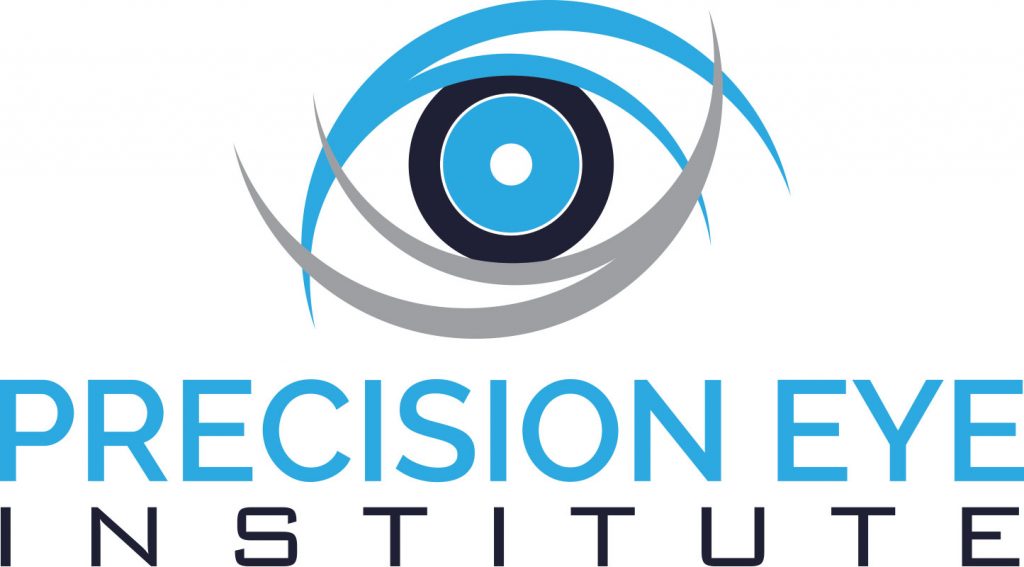Refractive Lens Exchange
Reduce or Eliminate your dependency on glasses, bifocals, and / or readers, and prevent you from developing a cataract.
WHY WOULD I NEED LENS SURGERY?
Lens surgery is inevitable. If we live long enough, we will need the natural lens in our eyes replaced. When we are young, the lens acts like the zoom function in a camera, allowing us focus up close, without the need for reading glasses or bifocals. The tissue of the natural lens ages, causing it to harden, discolor and thicken. The central core becomes compressed as new layers are added, and this hardening causes a progressive loss of flexibility (zoom), resulting in the need for reading glasses/bifocals, which is termed presbyopia. With gradual aging through the years, the lens progressively becomes yellow, resulting in a cataract. This causes light to scatter, reducing visual quality, quantity and color perception.

WHAT IS THE SURGERY LIKE?
Refractive Lens Exchange (RLE) is an outpatient experience. it usually takes about 10-15 minutes to complete. Topical or local anesthesia is used with a mild sedative to prepare you for surgery. The surgery is not painful. Patients note a pressure sensation and a “light show” during the procedure. The natural lens is broken up by ultrasound into minute particles and removed from the eye. The new Intra-Ocular Lens (IOL) is implanted and positioned in the eye. Most of the time no sutures are needed as the incision is small and self seals. With Refractive Lens Exchange surgery is done on both eyes conveniently on the same day. No need to come back and be sedated twice! Much more convenient and easy for post up care.

WHAT SHOULD I EXPECT FOR RECOVERY?
Most patients are able to preform their daily tasks the day after the procedure. However, there will be a few restrictions to protect the eye in the early postoperative period. As with any eye surgery, there is a healing period that must be completed for visual stabilization. You will be using antibiotic and anti-inflammatory eye drops for a few weeks to aid in the healing process. Standard post-op visits are 1 day, 1 week, 1 month, 3 months and 1 year. Patients can usually return to work after the first post-op visit.
WHEN SHOULD I CONSIDER THIS KIND OF SURGERY?
The lens continually ages throughout life, resulting in the need for reading glasses/bifocals in your 40s and cataract surgery in your 70s or 80s. Lens changes cause progressive deterioration in our vision and the progression is unpredictable and varies from person to person. With the advancement in technology and the safety of the procedure, many patients are having their lenses replaced at earlier ages. Because of their active lifestyle, these patients do not want to tolerate the years of progressive decline in their vision as they develop cataracts. They want it fixed permanently now.
Refractive Lens Exchange (RLE) has many benefits, primarily the improvement in both near and far vision. Since the natural lens has been replaced, cataract surgery will never be needed and the IOL will not age, providing visual stability to the lens of the eye.
Your surgeon will talk with you about whether the Refractive Lens Exchange (RLE) procedure would be beneficial for your visual needs. Then, you can decide when the time is right for you.
Patient Testimonial

James Taylor
New Smyrna Beach
James Taylor “JT” and his family live in New Smyrna Beach and enjoy the beach-life and everything that it offers. JT is a casual surfer who started noticing his vision was impacting his day to day lifestyle.
I have always had decent eyesight but as I got older, my vision started to give me problems. I have an active job which requires me to focus very closely to fix intricate components on pieces of machinery. I also spend a lot of time out on the water surfing and I know the saltwater and direct sunlight over the years probably didn’t help.
I was too young to get cataract surgery but at the same time I needed to do something. Dr. Krajnyk came highly recommended and I scheduled an appointment to discuss my options.
Dr. Krajnyk recommended Refractive Lens Exchange due to my active lifestyle and age and we scheduled the surgery. I was a little nervous as I never had anyone operate on my eyes. The staff at the Precision Eye Institute made me feel comfortable and eased my concerns. The surgery was a breeze – quick and painless!
Later in the day Dr. Krajnyk called me to see how I was doing and if I had any questions. Suffice to say I was very impressed with the entire process and I could not be any happier with my new improved vision.
Thank you Dr. Krajnyk and the Precision Eye Institute Staff










